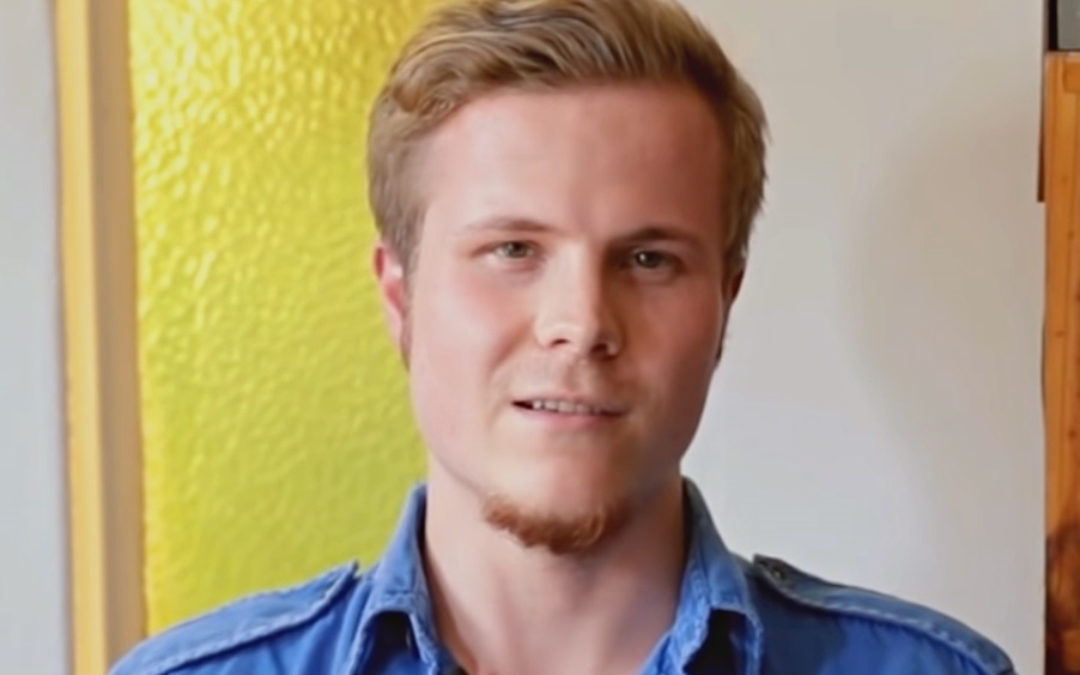A few years ago, I stumbled upon a paper explaining the fascinating and controversial phenomenon of cargo cults. A cargo cult is conceptualised as a belief system in which its followers practise superstitious rituals in the hope of facilitating the appearance of sought-after goods typically found in contemporary, technologically-advanced developed countries. These belief systems were first documented in New Guinea and the Melanesia region of the Pacific after contact with Western troops and their advanced technology during World War II. The belief held that copying various ritualistic acts such as the building of airport runways or radar towers out of sticks and stones would result in the manifestation of material wealth, particularly luxury Western goods or “cargo”, which the people saw being offloaded from actual airplanes. These goods were believed to have been created by ancestral spirits and they were entitled to it.
According to literature on the subject, cargo cults commonly develop during a combination of crises. It is particularly under conditions of social stress that such a movement may form under the leadership of a charismatic figure who has a “vision” of a brighter, prosperous future. This leader usually prescribes the dismantling of the old social order and the introduction of a new set of rituals to achieve the envisioned utopia. If this short summary reminds you of the current South African political landscape with its promise of a bright “new dawn”, I guess great minds think alike (or maybe fools never differ?).
In his 2019 state of the nation address, President Ramaphosa enchanted the imaginations of many New Dawners with promises of spectacular new cities rising out of empty plains, titanic skyscrapers stretching towards the heavens and a bullet train that will revolutionise the way South Africans think about intercity commutes. All these utopian visions do a decent job of exciting the mind’s eye; however, they all collapse when confronted with a single question: How? Furthermore, in 2019 President Ramaphosa signed the Carbon Tax Act 15 of 2019 into law. What a bizarre step indeed for a country that produces 1,3% of global carbon emissions and struggles to avoid electricity blackouts.
I am afraid South Africa’s own brand of cargo cultists are putting the cart before the horses when they promise us a new age of unprecedented material prosperity without first getting the basics right. Rather than displaying innovative ambition that is based on sound economic principles, they much closer resemble a misguided – albeit also ambitious – youth who has been convinced by a pulp self-help book that the first step towards success is dressing the part.
A growing number of people seem to notice that the emperor is wearing no clothes; yet, few are actually brave enough to say it. The reason may be found in Aleksandr Solzhenitsyn’s book The Gulag Archipelago, in which he describes how Joseph Stalin was able to ensure an 11-minute standing ovation after one of his speeches – as the first person to stop clapping was promptly arrested.
Alas, in a socialist’s mind, it seems that utopia is always just one more government-run scheme away. The eternal promise of the state remains: “We recognise the problem; all we need now is more power, control and taxes to solve it.” They promise a much bigger cake by copying a few fake capitalistic rituals, which they then blend into their socialist mix. The National Health Insurance Bill rising over the seemingly dawnless horizon, is yet another apt example of a regime attempting to run before they’ve mastered the art of crawling.
The ANC has become remarkably adept at manufacturing the illusion of progress through window dressing. To help maintain this facade, the ANC practises the peculiar ritual of meticulously constructing elaborate monsters out of straw, which they immediately cut down with immense pride, zeal and fervour. They shout from the hilltops that the main obstacle standing between South Africa and unbridled prosperity is the resilient and haunting ghost of apartheid, which they valiantly attempt to exorcise by removing Afrikaans symbols and changing street and school names. The tragic and cruel reality is, however, that impoverished, unemployed South Africans have no sleepless nights about the name of the street corner on which they beg daily. Yet, the ANC’s ritualistic attempts to do battle with the apparent original sin of racism will not create a single job, provide one meal, remove one pit toilet or cure one ill person.
As with the poor Melanesian cargo cults, the ANC seems to believe that, by artificially emulating some of the capitalist fruits of success, they will usher in socialist prosperity for the nation. However, it is becoming increasingly clear for all to see that these fruits more closely resemble the plastic fruit observed by tourists in North Korean shop windows.
And so we wait, at our airports made of clay and sticks, for the return of the plane of prosperity which has, unbeknown to us, chosen a different destination with a proper runway and no load shedding. If we continue to allow ourselves to be led by our noses down this misguided, utopian socialist garden path, the only thing from the developed world we will attract will be a few curious academics who are perplexed and fascinated by this contemporary cargo cult stranded on the southern tip of Africa.
Ernst van Zyl is Strategy and Campaign Officer at AfriForum. He co-presents on the Podlitiek podcast and hosts the Stream of Consciousness live interview show on YouTube. Ernst usually posts on Twitter and YouTube under his pseudonym Conscious Caracal (follow him at https://twitter.com/ConCaracal).


